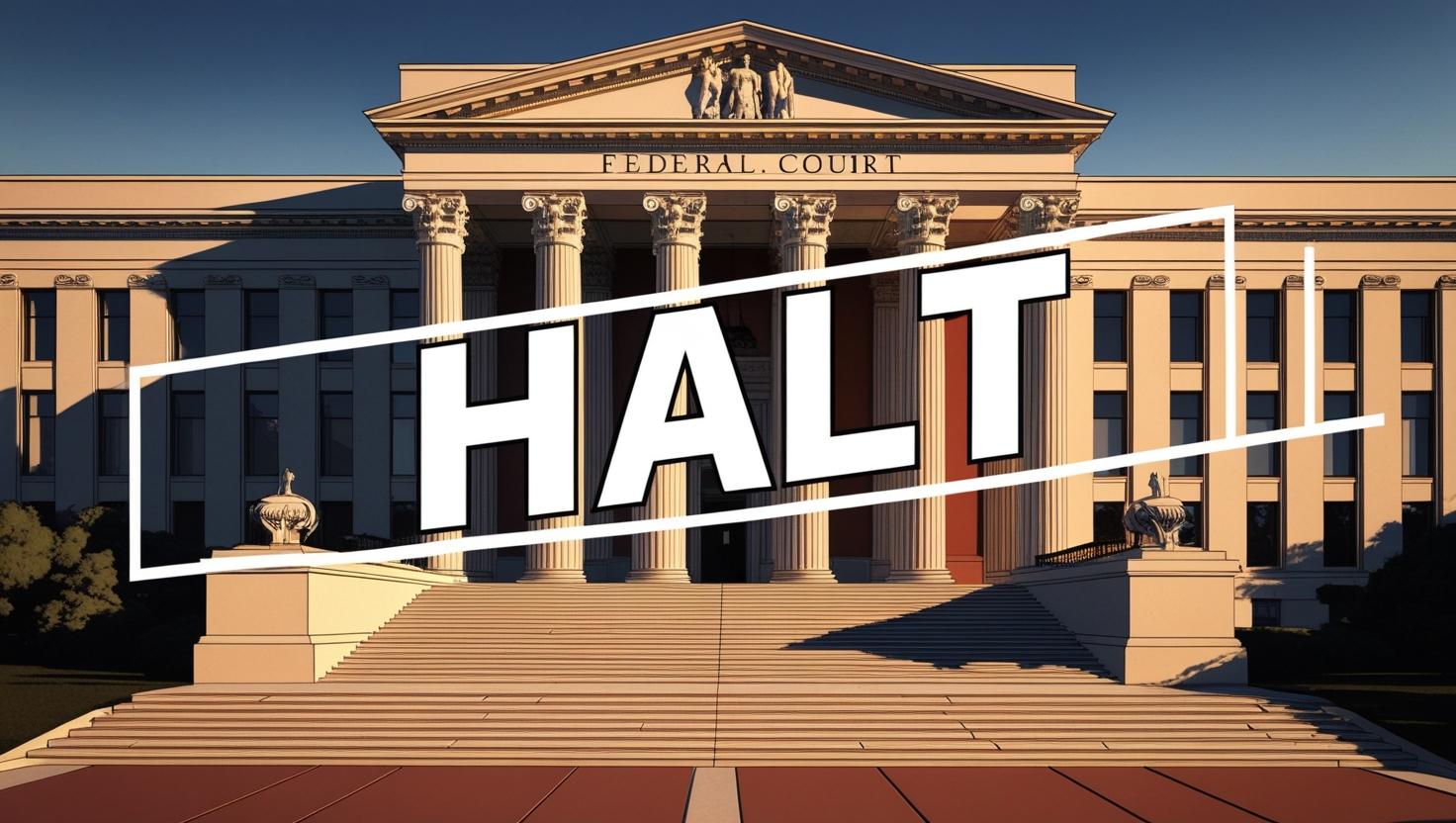UPDATE December 23, 2024
As promised, here’s a quick update on Beneficial Ownership Information (BOI) reporting. On Monday, the Court of Appeals granted a motion to lift the injunction issued earlier this month. This means the BOI filing requirement for 2024 has been reinstated, with a new filing deadline of January 13, 2025 (extended from January 1, 2025).
Key Details:
Only certain companies are exempt from the BOI filing requirement. To qualify for an exemption, a company must meet all the following criteria:
- Employ at least 20 full-time employees in the U.S.
- Report gross revenue (or sales) over $5 million on the prior year’s tax return.
- Have an operating presence at a physical office in the U.S.
We recommend filing as soon as possible to avoid any potential issues and to avoid the late fees that will be imposed on businesses.
Helpful Resources:
- BOI Online Filing: BOI E-FILING (fincen.gov)
- FAQs on BOI Reporting: Beneficial Ownership Information Reporting | FinCEN.gov
We’ll continue to keep you updated with any further developments. In the meantime, happy holidays!
On December 3, 2024, U.S. District Judge Amos Mazzant of the Eastern District of Texas issued a nationwide preliminary injunction halting the enforcement of the Corporate Transparency Act (CTA), which mandated that certain corporate entities disclose their beneficial owners to the U.S. Treasury Department’s Financial Crimes Enforcement Network (FinCEN).
Background on the Corporate Transparency Act
Enacted in January 2021, the CTA aimed to combat illicit financial activities by requiring corporations, limited liability companies (LLCs), and similar entities to report information about individuals with significant control or ownership stakes. The law was set to take effect on January 1, 2025, with the goal of enhancing transparency and preventing the misuse of anonymous shell companies.
Legal Challenge and Court’s Ruling
The National Federation of Independent Business (NFIB), along with several small businesses and non-profits, filed a lawsuit challenging the constitutionality of the CTA. They argued that the act infringed upon states’ rights and imposed undue burdens on small entities. Judge Mazzant concurred, stating that the CTA represented an “unprecedented” federal overreach into areas traditionally governed by state law, potentially violating the Tenth Amendment.
Implications of the Injunction
The injunction temporarily suspends the January 1, 2025, compliance deadline, providing relief to numerous small businesses and non-profits that would have been subject to the reporting requirements. Entities that were preparing to submit beneficial ownership information now face uncertainty regarding future obligations.
Reactions and Next Steps
The U.S. Department of Justice has not issued a statement regarding the ruling. Legal experts anticipate that the government will appeal the decision, potentially escalating the matter to higher courts, including the Supreme Court. In the interim, businesses are advised to stay informed about developments and consult legal counsel to understand how potential changes may affect their compliance requirements.
Conclusion
The court’s decision to halt the enforcement of the Corporate Transparency Act underscores the ongoing debate over the balance between federal regulatory efforts and states’ rights. As the legal process unfolds, businesses should remain vigilant and prepared for possible shifts in compliance obligations related to beneficial ownership reporting. Is this an overreach of the federal government? Something the courts will decide and we will keep you posted.




